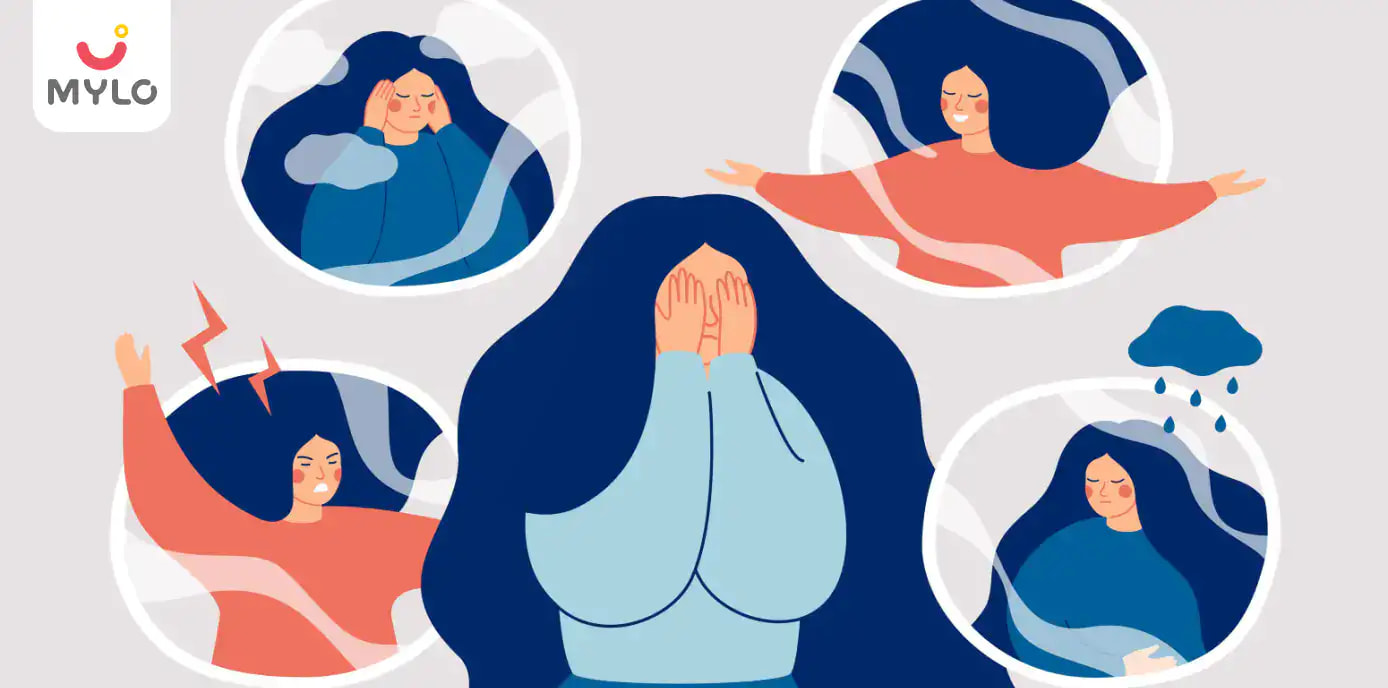
Article continues after adveritsment
Article continues after adveritsment
- Home

- Symptoms & Illnesses

- Bipolar Disorder: Causes, Symptoms, Risks & Treatment
In this Article
Symptoms & Illnesses
Bipolar Disorder: Causes, Symptoms, Risks & Treatment
Updated on 5 May 2023
Article continues after adveritsment
In recent years, several mental health conditions have come to light that were not as prevalent before. Among them is bipolar disorder, a mental illness characterized by large shifts in mood from mania to depression. In this article, we will discuss in detail bipolar disorder meaning, its symptoms, types, causes and treatment.
What is bipolar disorder?
Bipolar disorder also known as manic depression is a mental illness marked by extreme mood swings ranging from emotional highs and lows (mania and depression). These manic and depressive episodes can occur a few or several times a year. Most people, however, don’t experience any bipolar symptoms in between the episodes.
Even though bipolar disorder is a lifelong condition, it can be managed and treated with medications and psychological counselling. Bipolar disorder treatment can help improve the symptoms experienced by a person and their quality of life.
You may like : What Helps in Improving Mental Health of Women
Causes of bipolar disorder
Despite advancements in medical science and research, it is still unclear as to why certain people develop bipolar disorder. However, there are some potential causes of bipolar disorder:
1. Genetics
Bipolar disorder is more prevalent in people who have a parent or sibling with the same condition. There’s plenty of research still in progress to ascertain the role of genes in causing bipolar disorder.
2. Biological differences
Irregularities in the brain structure, functions or chemistry can also increase a person’s risk of developing bipolar disorder. These irregularities can eventually help to find the exact causes of bipolar disorder.
Symptoms of bipolar disorder
There are multiple bipolar disorder types that can cause unpredictable mood and behavioral changes, affecting a person’s quality of life. Bipolar disorder symptoms can vary over time and from person to person. But they can be broadly distinguished by symptoms caused during manic and hypomanic episodes and symptoms caused during depressive episodes.
1. Mania and hypomania
Although mania and hypomania are two different types of episodes, they share symptoms. Mania is more severe than hypomania and can even cause problems in day-to-day functions, lead to psychosis and require hospitalisation.
A manic or hypomanic episode includes at least 3 of the following symptoms:
-
Abnormally jumpy, upbeat or wired
-
Increased energy, activity or agitation
-
Exaggerated sense of self-confidence and well-being
-
Unusual talkativeness
-
Low need of sleep
-
Racing thoughts
-
Distractibility
-
Poor decision-making like going on shopping sprees, making foolish investments or
-
Undertaking sexual risks
-
Major depressive episode
Symptoms of a major depressive episode are so severe that they can interrupt a person’s daily life functions. A depressive episode includes at least five of the following symptoms:
-
Feeling depressed, empty, hopeless or tearful (irritability in teens and children)
-
Loss of interest, feeling or pleasure in all activities
-
Significant weight loss despite not dieting or weight gain or change in appetite
-
Insomnia or oversleeping
-
Restlessness or slowed behaviour
-
Loss of energy or fatigue
-
Feeling worthless or excessively guilty
-
Planning or attempting suicide
You may like : Eating Disorders: Meaning, Causes, Types & Treatment
Symptoms of bipolar disorder in women vs men
According to most research, men and women receive bipolar disorder diagnoses around the same time but it may be more prevalent in women. Additionally, the symptoms of the bipolar disorder may vary depending on your gender.
Females usually tend to receive bipolar disorder diagnoses often in their 20s or 30s. They might first notice bipolar disorder symptoms during pregnancy or after childbirth. Additionally, women with bipolar disorder tend to experience more depressive episodes than manic episodes, milder manic episodes, four or more manic and depressive episodes in a year and more co-occurring conditions.
Women with bipolar disorder may also relapse more often because of hormonal changes during menstruation, pregnancy and menopause. A relapse means having an episode after not having any for quite some time.
Men with bipolar disorder, on the other hand, may get the diagnosis early in life. They are also more likely to experience few but severe manic episodes, have a substance use disorder and show more aggression during manic episodes.
Symptoms in children and teens
Bipolar disorder symptoms can be a little hard to identify in children and teenagers. That’s because it can be difficult to tell whether these are normal ups and downs, the result of a trauma or stress or signs of some other mental health condition.
The most prominent symptoms of bipolar disorder in children and teenagers include severe mood swings, different from their usual ones. They may also have distinct depressive, manic or hypomanic episodes, with moods shifting rapidly between these episodes.
Risks factors of bipolar disorder
Certain factors can increase a person’s risk of developing bipolar disorder or even trigger the first episode. These include:
-
Having a parent or sibling with bipolar disorder
-
Experiencing high stress or trauma after the death of a loved one or other accident
-
Drugs or alcohol abuse
Treatment of the bipolar disorder
Although bipolar disorder is a lifelong condition, several treatments can help manage its symptoms. These include: medications, counselling, lifestyle changes and natural remedies.
1. Medications
Medications for bipolar disorder treatment include mood stabilizers like lithium, antipsychotics like olanzapine, antidepressant-antipsychotics such as fluoxetine-olanzapine and benzodiazepines for short-term treatment.
2. Psychotherapy
Various therapy approaches can also help improve a person’s bipolar disorder symptoms as well as their quality of life. These include cognitive behavioural therapy (a talk therapy that helps identify unhelpful thoughts and change unwanted behaviour patterns), psychoeducation (a therapeutic approach based on learning about the condition and its treatment), interpersonal and social rhythm therapy and electro conclusive therapy.
3. Lifestyle changes
Certain lifestyle changes can also help manage some of the bipolar disorder symptoms like consuming a balanced diet, exercising at least 150 minutes per week, managing weight and getting weekly therapy or counselling. When combined with other bipolar disorder treatments, these lifestyle changes can help a lot.
4. Natural remedies
Some natural herbs and supplements can also help manage bipolar disorder symptoms when combined with therapy and medications. It’s essential to consult a doctor before trying these remedies as they might interfere with some medications. These natural remedies include omega-3 supplements, Rhodiola rosea and S-adenosylmethionine.
Prevention of bipolar disorder
There is no definite way to prevent bipolar disorder, however, starting treatment at the earliest signs can help prevent it from worsening.
1. Keep an eye out for warning signs
Identifying and addressing bipolar symptoms early can prevent them from becoming full-blown manic or depressive episodes. Consult a doctor as soon as you feel you are falling into a depressive or manic episode
2. Avoid using drugs or alcohol
Consuming drugs or alcohol can worsen bipolar symptoms and cause them to come back.
3. Never skip medications
It can be tempting to stop treatment but that can cause withdrawal effects and symptoms.
When to see a doctor?
As soon you notice any bipolar disorder symptoms or experience depressive, manic or hypomanic episodes, you must consult a doctor at the earliest. An early diagnosis and timely treatment can help the condition from getting worse and manage symptoms early on.



Written by
Anupama Chadha
Anupama Chadha, born and raised in Delhi is a content writer who has written extensively for industries such as HR, Healthcare, Finance, Retail and Tech.
Read MoreGet baby's diet chart, and growth tips

Related Articles
Article continues after adveritsment
Article continues after adveritsment
Related Questions
Influenza and boostrix injection kisiko laga hai kya 8 month pregnancy me and q lagta hai ye plz reply me

Hai.... My last period was in feb 24. I tested in 40 th day morning 3:30 .. That is faint line .. I conculed mylo thz app also.... And I asked tha dr wait for 3 to 5 days ... Im also waiting ... Then I test today 4:15 test is sooooo faint ... And I feel in ma body no pregnancy symptoms. What can I do .

Baby kicks KB Marta hai Plz tell mi

PCOD kya hota hai

How to detect pcos

Related Topics
Article continues after adveritsment
RECENTLY PUBLISHED ARTICLES
our most recent articles

Illnesses & Infections
Sinus Infection During Pregnancy Causes & Treatment
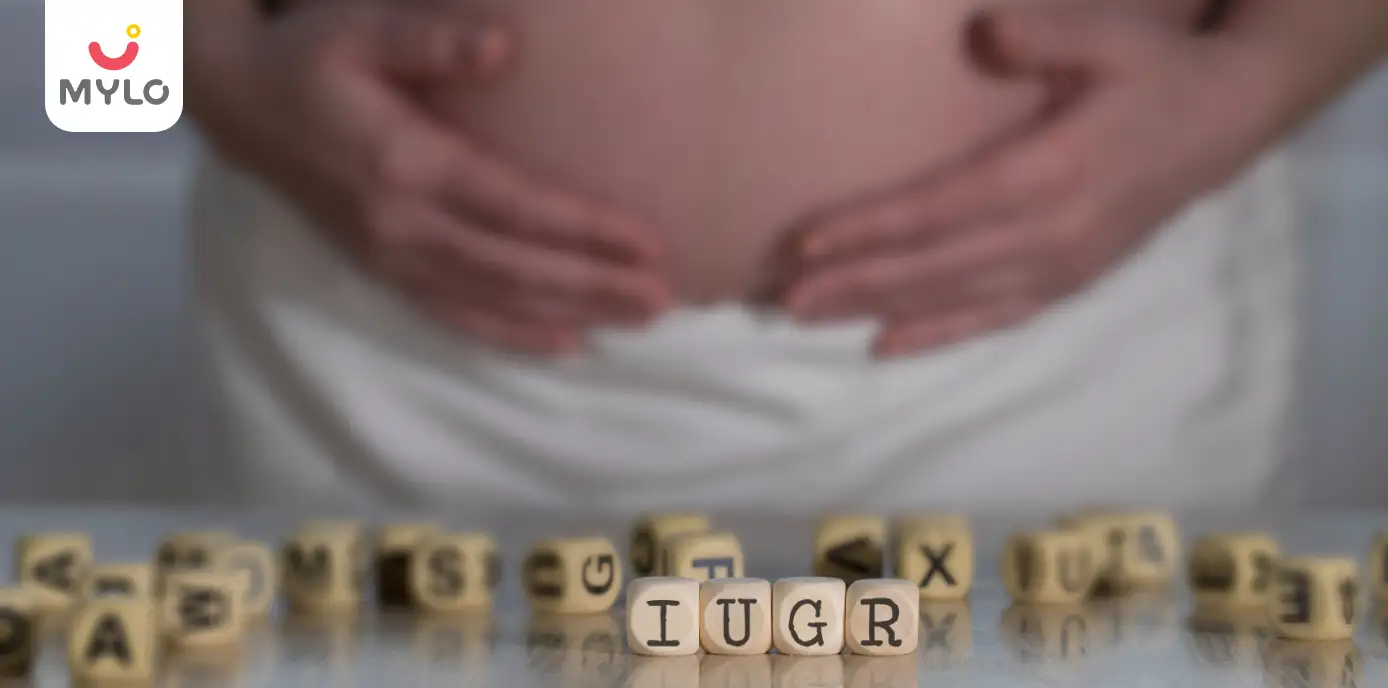
Growth & Development
Intrauterine Growth Restriction (IUGR) in Pregnancy
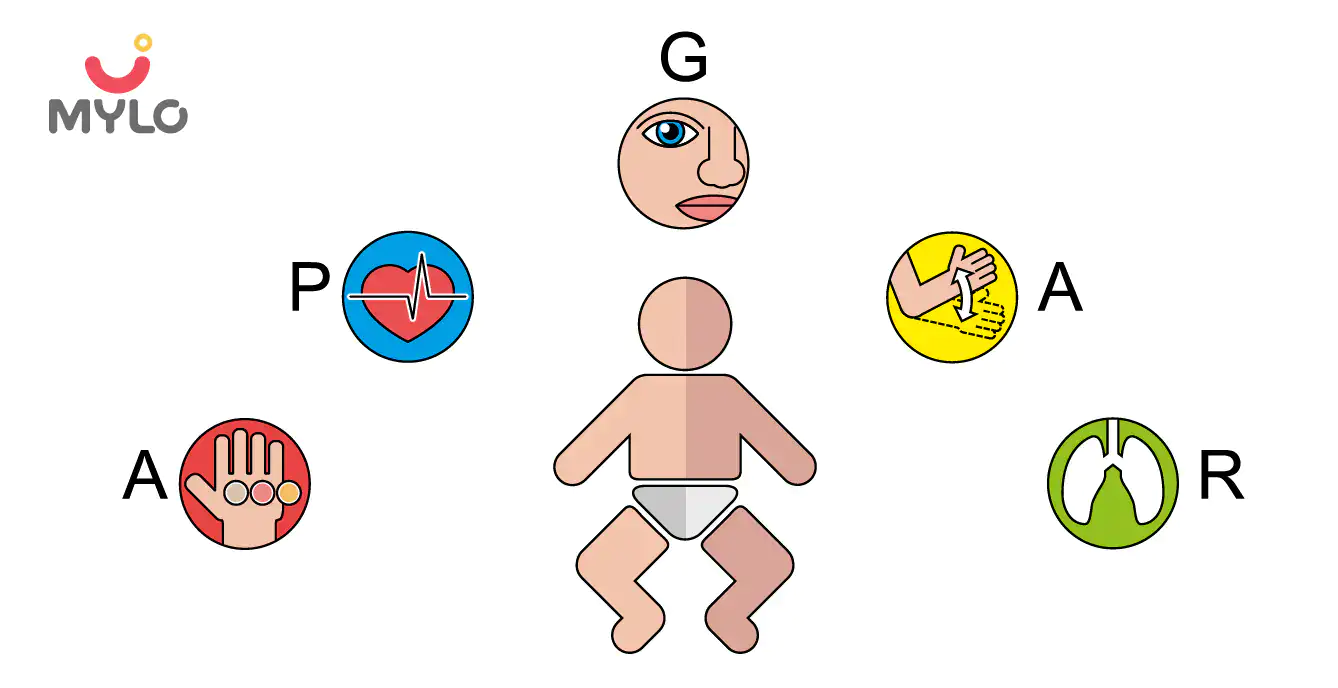
Growth & Development
APGAR Score: Meaning & How it is Performed
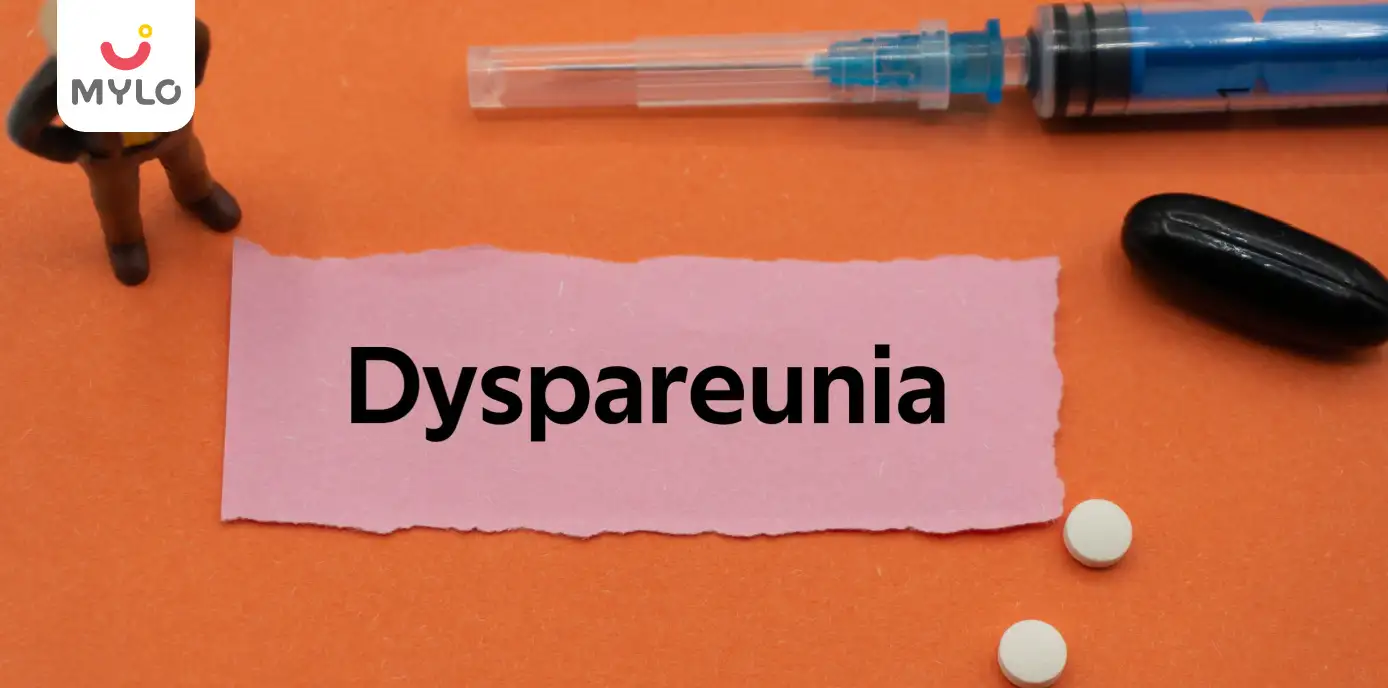
Love, Sex & Relationships
Dyspareunia (Painful Intercourse): Causes & Treatment

Infections in New Mom
Short Bowel Syndrome: Causes, Symptoms, and Treatment
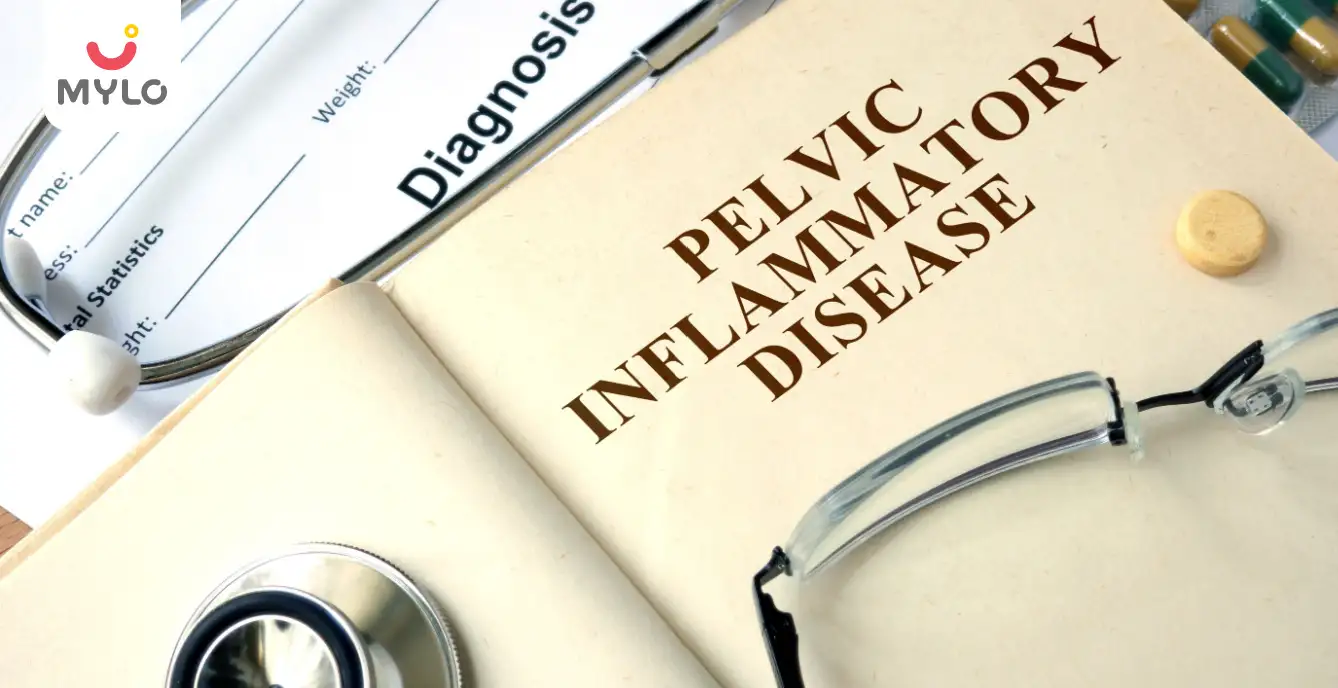
Illnesses & Infections
Pelvic Inflammatory Disease (PID): Symptoms, Causes & Treatment
- Lightning Crotch in Pregnancy: All You Need to Know
- Vaginal Dilator: Learn its Types & How To Use It?
- Infected Umbilical Cord: Symptoms, Treatment And Prevention
- Is Hair Fall Normal in Pregnancy
- Syphilis: Symptoms, Causes, Risks & Treatment
- Congenital Heart Disease: Symptoms, Causes & Treatment
- Fetal Echo Test in Pregnancy: A Diagnostic Tool for Detecting Heart Defects in the Womb
- Bedwetting (Nocturnal Enuresis): Causes, Symptoms & Treatment
- Birthmark: Types, Causes, Risks & Treatment
- Behaviour Therapy: Benefits, Types & Techniques
- How Long Does Breast Milk Last at Room Temperature?
- Thrush: Causes, Symptoms, Treatment, and More
- Childhood Asthma: Symptoms, Causes & Treatment
- Reflux in Baby: Symptoms, Causes & Treatment

At Mylo, we help young parents raise happy and healthy families with our innovative new-age solutions:
- Mylo Care: Effective and science-backed personal care and wellness solutions for a joyful you.
- Mylo Baby: Science-backed, gentle and effective personal care & hygiene range for your little one.
- Mylo Community: Trusted and empathetic community of 10mn+ parents and experts.
Product Categories
baby carrier | baby soap | baby wipes | stretch marks cream | baby cream | baby shampoo | baby massage oil | baby hair oil | stretch marks oil | baby body wash | baby powder | baby lotion | diaper rash cream |
